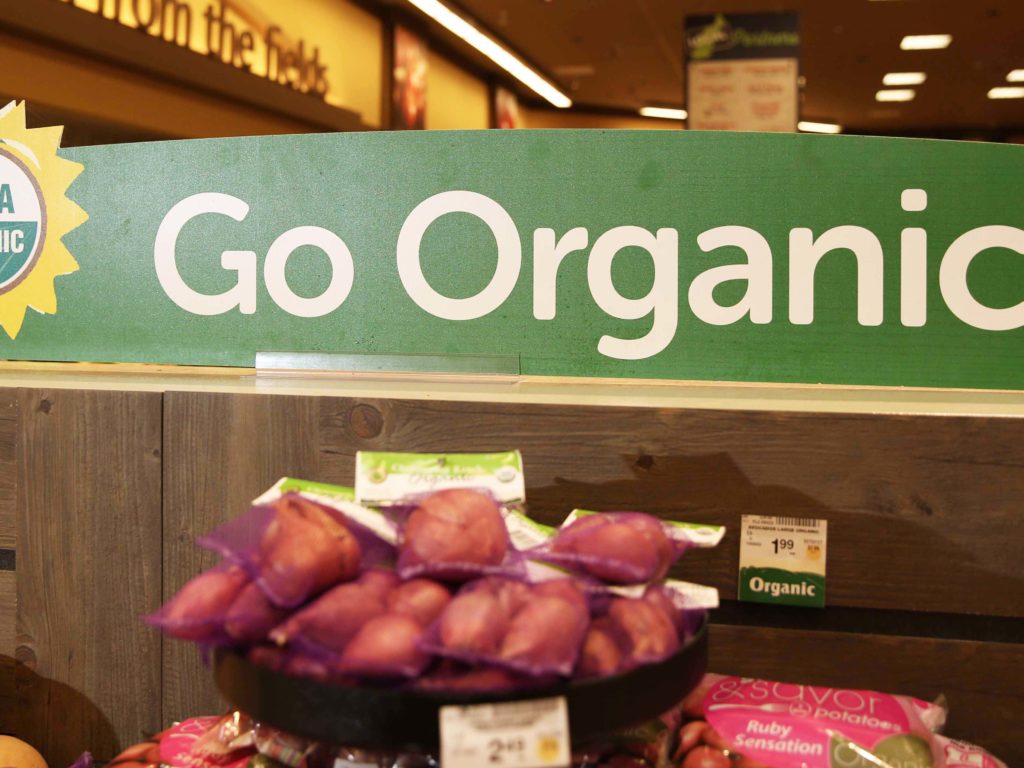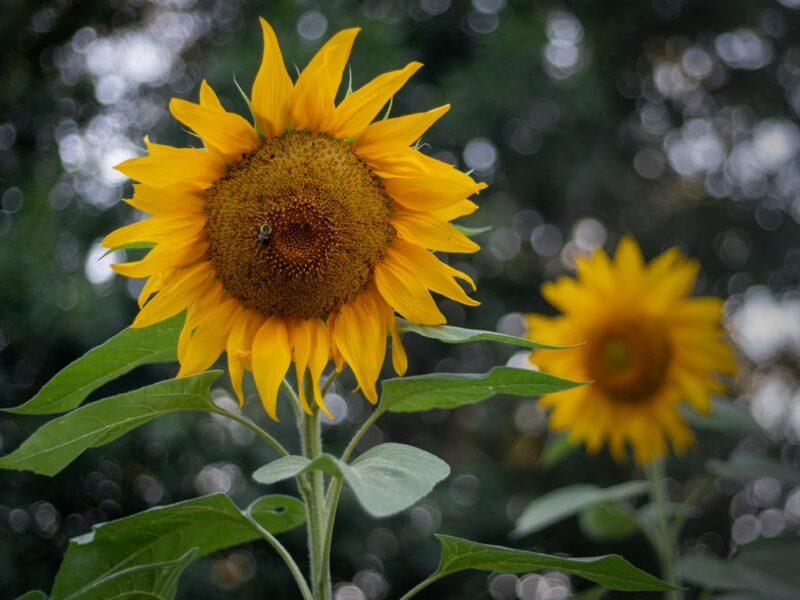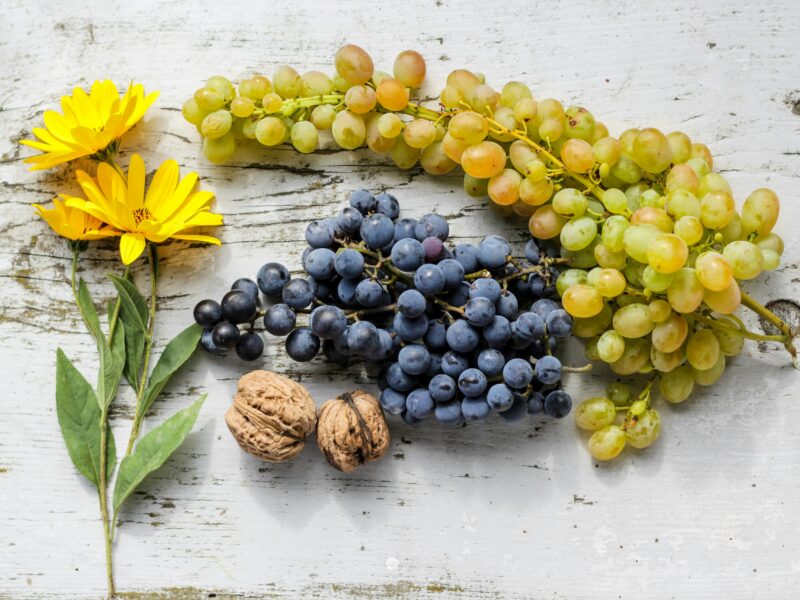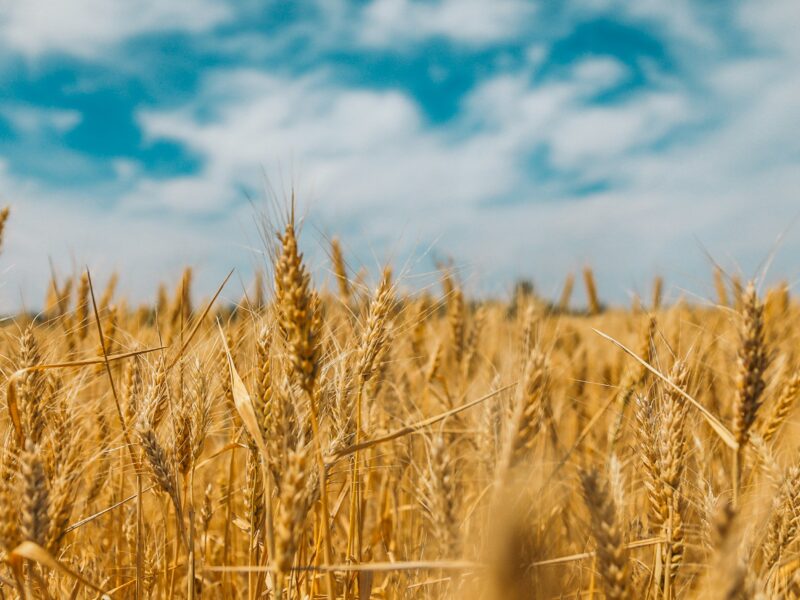With so much information at our fingertips, Americans are learning more and more about our food system. It is no surprise that what people, especially millennials, are eating these days is changing – and all food companies are taking note, including junk food and fast food titans.
Companies that shape American agriculture have been forced to change the way they create food in order to adapt to this changing landscape, with many companies reformulating their best-selling products.
 Products like Capri Sun and Gatorade now have organic formulations, and are just some of the dozens of products that are getting organic counterparts. These products may not be healthier – some have more sugar than conventional versions – but they show the shift in consumer behavior in the U.S. and industry’s response. Buying habits have always shaped how companies create and market products, but this is the first time we have seen people demand healthier foods since the introduction of processed foods in the mid-20th century.
Products like Capri Sun and Gatorade now have organic formulations, and are just some of the dozens of products that are getting organic counterparts. These products may not be healthier – some have more sugar than conventional versions – but they show the shift in consumer behavior in the U.S. and industry’s response. Buying habits have always shaped how companies create and market products, but this is the first time we have seen people demand healthier foods since the introduction of processed foods in the mid-20th century.
Where these changes can be seen the most is in large, multinational companies’ acquisitions of smaller natural and organic food companies. Take, for instance, Annie’s. In 2014, General Mills shelled out $820 million for the company, which has since seen its annual sales jump almost two-fold with access to General Mills’ product development and distribution. But the real winner is General Mills, which recognized the shifting market and snatched up a health-conscious company at the right time. Other organic brands acquired by big companies in recent years include Stonyfield and Happy Family, which are now owned by Danone, and Honest Tea, which Coca-Cola bought.
Here’s what the largest food companies have done in the last few years to clean up their ingredient lists, take advantage of the trending markets, and a short list of some of their new organic products:
- Panera
In 2014 Panera announced that all of its food would be free of artificial colors, preservatives, sweeteners and flavors by the end of 2016.
- McDonald’s
In 2015 McDonald’s announced it would switch from margarine to butter and in 2015 it announced it would phase out the use of antibiotics in chicken used for human health by 2016. In 2017 the company announced it would use fresh beef for Quarter Pounders and would add more “healthy” options, such as salads and grilled chicken.
- Chick-fil-a
In 2014 the company announced it would phase out all antibiotic use in chicken by the end of 2019. In 2016 it added a kale salad to the menu after discontinuing its coleslaw.
- Papa John’s
In 2015 the company announced it would eliminate all antibiotic use for production of its grilled chicken pizza toppings and their chicken poppers. In 2017 it started testing organic toppings in certain U.S. markets.
- Coca-Cola
The Coca-Cola Company took a 30% minority stake in Suja organic cold-pressed juice and signed a deal for Suja Juice products to be sold via Coca-Cola’s distribution network and produced at Coca-Cola’s bottling facilities, without changing the products’ recipes. The company also owns Peace Tea, Green Mountain Coffee, Odwalla, Zico coconut and as mentioned above Honest Tea.
- PepsiCo
Frito Lay now has an organic line called Simply Tostitos that includes Doritos, and in 2016 the company launched an organic version of Gatorade. Pepsi also recently purchased its first organic Kombucha company, Kevita, a sparkling probiotic drink.
- General Mills
General Mills started out by removing GMO ingredients in their classic yellow box Cheerios in 2014. Now the company signed a deal to help convert about 3,000 acres to organic production of alfalfa and other animal feeds. General Mills owns a handful of organic and healthy brands such as Annie’s Homegrown, Muir Glen, Liberte, Larabar, Cascadian Farms, and more.
- Campbell Soup Co.
Campbell’s launced an organic soup line in 2015 and has since announced several plans to develop more organic SKUs. Campbell Soup Co. has also pledged to make all of its North American products without artificial colors or flavors by the end of fiscal 2018. Campbell’s became one of the first companies to label its GMO ingredients and recently pulled out of the GMA due to its pro-position on mandatory GMO labeling. Campbell’s also announced its plans to buy organic-soup maker Pacific Foods for $700 million, the food stalwart’s latest effort to meet demand for fresher, more natural foods. As mentioned Plum Organics is also owned by Campbell’s as is Wolfgang Puck.
- ConAgra
Consumers now have access to purchase organic Pam Cooking Spray, Orville Redenbacher’s Organic Microwave Popcorn and several Hunt’s tomato products.
- Nestlé
Nestlé brand Gerber now offers organic baby food. Nestlé also owns Sweet Leaf Tea which has some organic products.
- Kraft
You can now purchase organic Capri Sun pouches. Also last year the brand changed formulations and packaging on their classic Kraft Mac & Cheese. The boxes now state: “NO Artificial Preservatives,” “NO Artificial Flavors,” and “NO Artificial Dyes.” In addition Kraft now offers Heinz organic ketchup.
- Hershey’s
Hershey’s removed GMO beet sugar from their chocolate bars last year. Hershey’s also owns Dagoba Organic Chocolate.
- Uniliever
Hellman’s became one of the latest big brands to go non-GMO in 2015. Shortly after they introduced Carefully Crafted, a line of organic mayonnaise.
- Danone
As mentioned above Danone owns three successful organic brands; Happy Family, Brown Cow and Stonyfield.
- Hain Celestial
Rudi’s Organic Bakery, Sunspire, Spectrum organics, Celestial seasonings, Earth’s Best and Ella’s Kitchen are all owned by Hain Celestial.
- White Wave
Earthbound farm, Horizon Organic, The Organic Cow of Vermont, Silk, and SoDelicious are all owned by White Wave.
- Mondelez
Organic Triscuits are now available, along with newly launched organic Lunchables. The company also owns the organic brand Green & Black’s.









